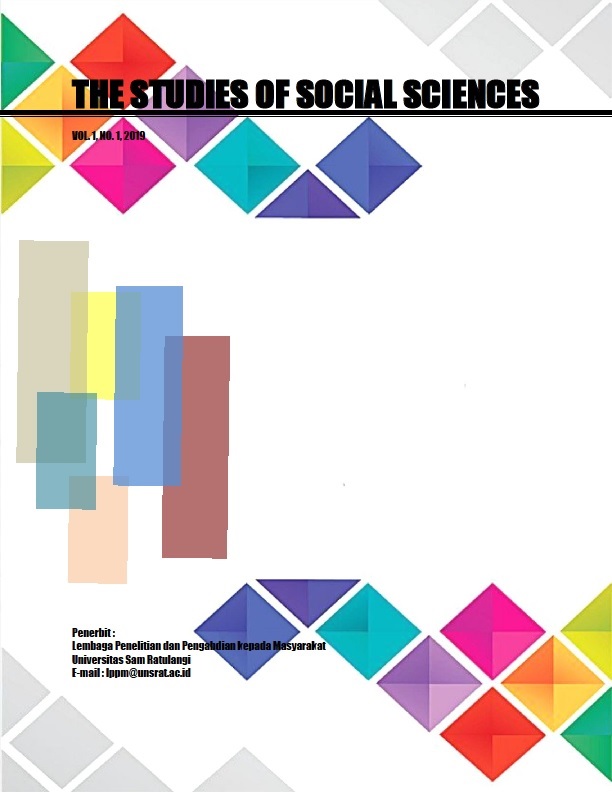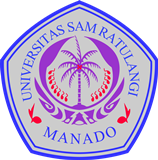ANALISIS TINGKAT KUALITAS PELAYANAN JASA TV KABEL DAN INTERNET PADA PT. MALANG MULTIMEDIA MANDIRI
DOI:
https://doi.org/10.35801/tsss.2019.1.1.25017Keywords:
Service Quality, Tangibles, Reliability, Responsiveness, Assurance, EmpathyAbstract
In this globalization era, the development of information technologcy and communication have raised too, and become an important need by the society. It was becoming a trigger of high competition between cable television and internet service providers. Several ways are done for improving the service quality toward customers. The dimension of services quality are such as tangibles factor, reliability factor, responsiveness factor, assurance factor, and empathy factor. To measure the level of service quality, this research was done in PT. Malang Multimedia Mandiri by taking 100 respondents. Questionnaire was used to collect data and analyzed by descriptive quantitative method. The result of validation test state that the whole attributes are valid by r count > r table that is more than 0.195. By using reliability test stated that the result was reliable with the score of cronbach’s alpha > 0.60. Then,continue with frequency distribution analysis by using IBM SPSS Software version 25 and the result shows that the service quality are good.
Downloads
Published
How to Cite
Issue
Section
License
Authors who publish with this journal agree to the following terms:
- Authors retain copyright and grant the journal right of first publication with the work simultaneously licensed under a Creative Commons Attribution License (CC BY-SA 4.0) that allows others to share the work with an acknowledgement of the work's authorship and initial publication in this journal.
- Authors are able to enter into separate, additional contractual arrangements for the non-exclusive distribution of the journal's published version of the work (e.g., post it to an institutional repository or publish it in a book), with an acknowledgement of its initial publication in this journal.
- Manuscripts published in print and electronically are open access for the purposes of education, research, and libraries. Apart from these purposes, the editorial board is not responsible for violations of copyright law.






1.gif)



